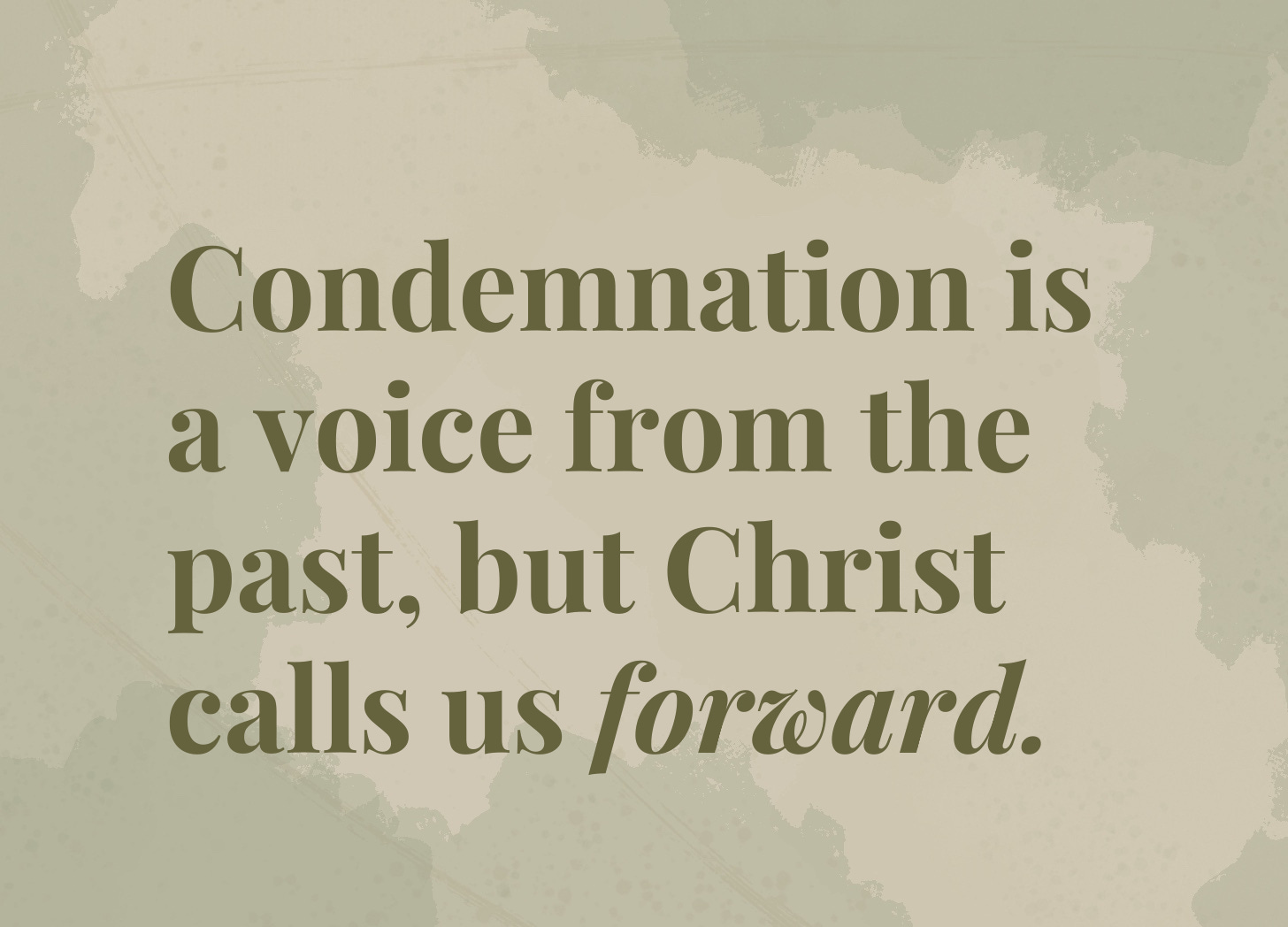There’s something I’ve been learning (and re-learning), and maybe you’ve been there, too. It’s one thing to ask God for forgiveness, but it’s a whole other thing to forgive yourself.
We say we believe we’re forgiven. We say we know Jesus paid the price. But then we keep replaying our mistakes—rehearsing what we should have done, how we shouldn’t have responded, or what we could have changed if we just had one more chance. And slowly, without realising it, we start to live as if we’re still wearing chains that Jesus already broke off.
Here’s the truth I’m holding onto: If the God of the universe—perfect and holy—can forgive me, who am I to withhold forgiveness from myself?
Forgiving yourself doesn’t mean you’re saying it wasn’t a big deal. It’s not pretending nothing happened. It means you’re agreeing with what God says about it. That when He said, “It is finished,”—He meant it. That His grace really is sufficient, even for the things you still wince about when no one’s looking.
Unforgiveness towards ourselves keeps us stuck. It keeps us reliving the past instead of walking into the future God has already prepared. It causes us to speak to ourselves in a tone He would never use. And if we’re not careful, we start building a theology around guilt instead of grace.
Let me say this gently but clearly—you are not your worst moment. You are not the sum of your bad decisions. You are not the person you were on your worst day. You are who God says you are: forgiven, loved, redeemed, and made new.
So if God has forgiven you, it’s time to come into agreement with Him. Lay it down. Take a deep breath. Release the shame. And let grace do what it was always meant to do—set you free.
Let me share with you a couple of my ‘freedom’ verses. I hope they help you as much as they’ve helped me!
“I—yes, I alone—will blot out your sins for my own sake and will never think of them again” (Isaiah 43:25 NLT). God doesn’t just forgive—you’re not even on probation. He says He won’t bring it up again. If He’s not rehearsing your failure, why should you?
“Therefore, there is now no condemnation for those who are in Christ Jesus” (Romans 8:1 NIV). Condemnation is a voice from the past, but Christ calls you forward. This verse is your freedom declaration—no condemnation means no more guilt-trip tours in your mind.
Father, Thank You for Your mercy that covers every part of my story—even the parts I still struggle to forgive myself for. I know You’ve already declared me forgiven, but sometimes my heart is slow to catch up to that truth. Help me to fully receive what You’ve already given.
Where shame tries to speak, silence it with Your truth.
Where guilt tries to hang on, replace it with grace.
Where I’ve been my own harshest critic, teach me to speak to myself with the compassion You’ve shown me.
Today, I come into agreement with You.
I choose to let go of what You’ve already let go of.
I choose to walk in the freedom You died to give me.
And I choose to forgive myself—because You already have.
In Jesus’ name, amen.







